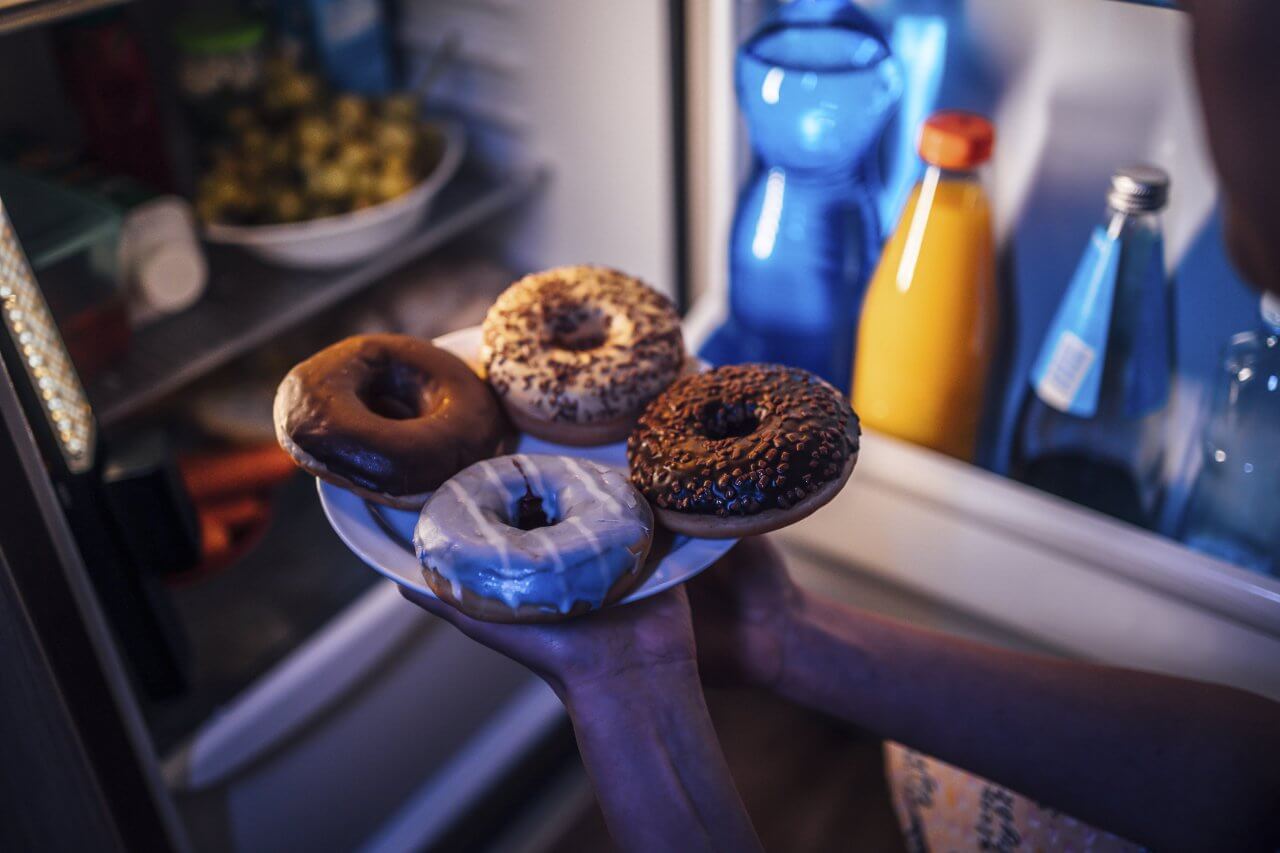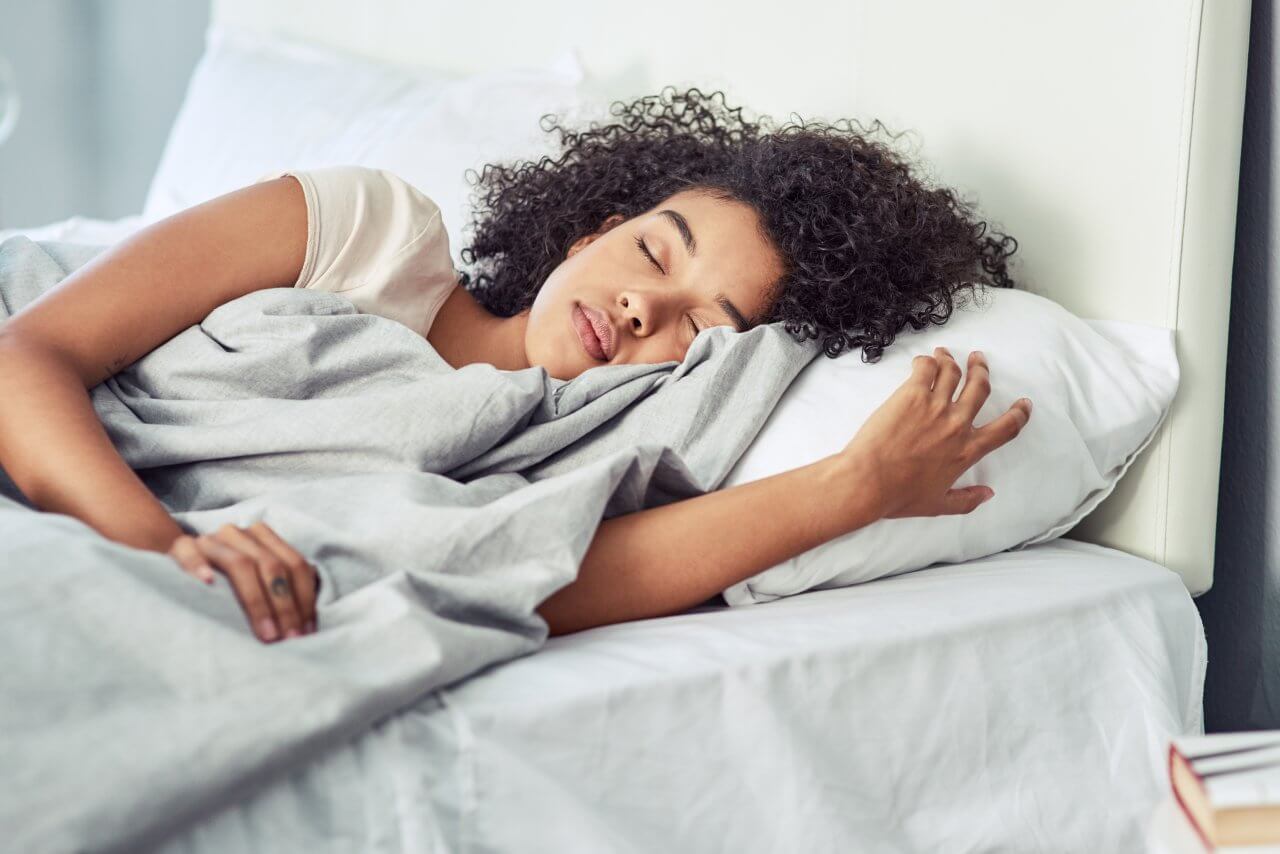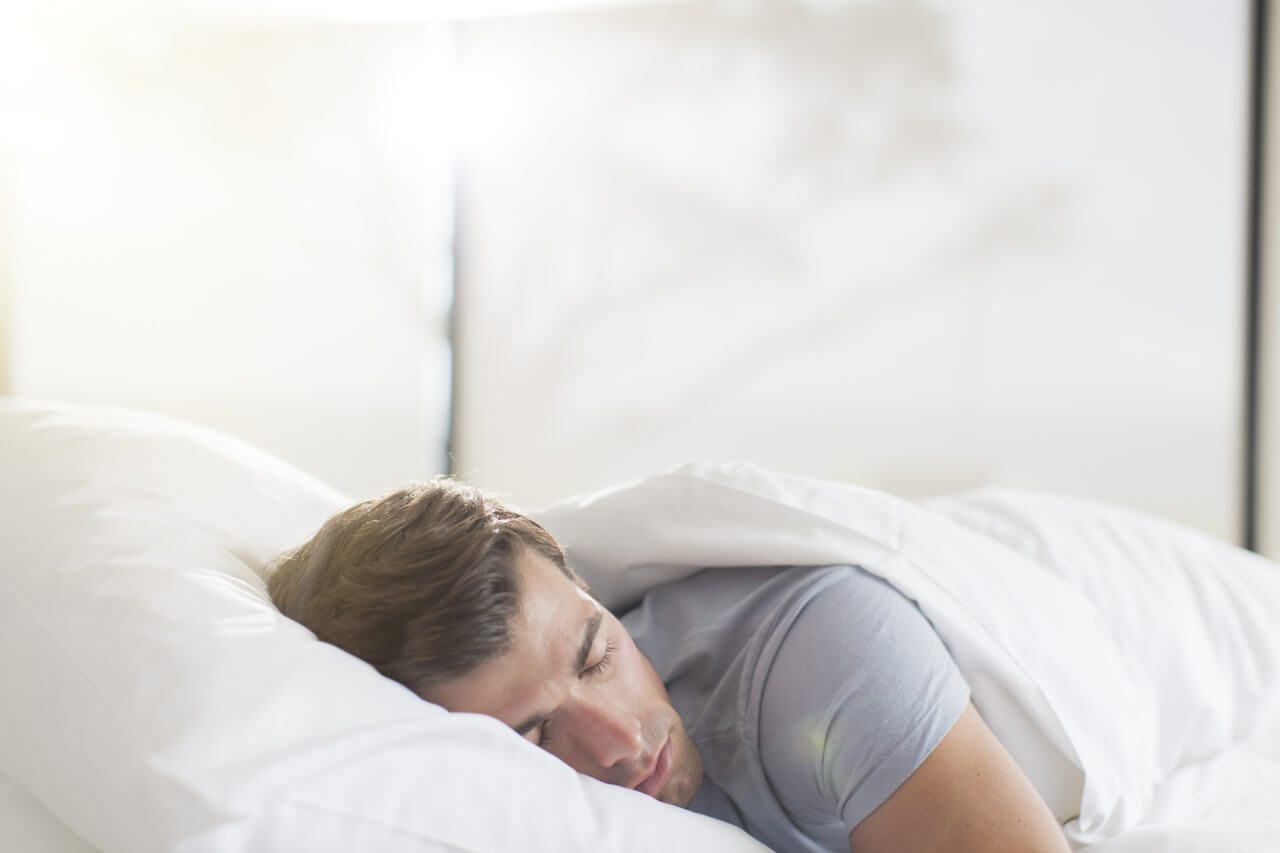Does Insufficient Sleep Affect Testosterone Levels in Men?

Testosterone is a hormone produced primarily by the testicles in men. It’s also present in women’s bodies, where the ovaries make it in small amounts. Research has shown that men who don’t get 7 to 9 hours of sleep per night may have lower testosterone levels, negatively affecting their health.
How Sleep Deprivation Affects Testosterone Levels
Testosterone plays a vital role in a man’s energy level, libido (sex drive), ability to focus and concentrate, and other aspects of their overall health. If your testosterone level drops, you may experience problems in those areas.
Does lack of sleep lower testosterone levels? Yes, it does. As part of our natural circadian rhythm, testosterone levels rise during sleep. Studies have shown that sleep deprivation can cause a significant decrease in testosterone production.
In addition, a man’s testosterone level naturally begins declining around age 40. So, a middle-aged or older man who doesn’t sleep well can experience a significant drop in testosterone production.
Low Levels of Testosterone Can Lead to Insomnia
The relationship between testosterone and sleep deprivation goes both ways. Lack of sleep decreases testosterone production, and low testosterone can cause or worsen insomnia.
Researchers have found that as testosterone level drops, the amount of cortisol circulating in the body increases. Cortisol is the body’s primary stress hormone. One of its functions is to increase alertness, which can result in shorter sleep cycles and shallower sleep.
Tips to Increase Testosterone Levels and Improve Sleep
The good news about the correlation between sleep and testosterone levels is that by getting more sleep, you can increase your testosterone production and improve your health. Use these proven tips to improve your sleep and elevate your testosterone levels:
- Follow a regular sleep schedule. Going to bed and waking up at the same times seven days a week can help you sleep better.
- Maintain a good sleeping environment. Your bedroom should be dark, quiet, and between 60 and 67 degrees Fahrenheit.
- Limit your consumption of nicotine, caffeine, and alcohol. Reducing your intake is especially important later in the day. Alcohol, in particular, may feel like it relaxes you, but it can hurt your sleep quality.
- Don’t nap. It’s best to avoid napping. If you nap, try to do so early in the day and for no more than 30 minutes.
- Avoid screen time for at least an hour before bedtime. The blue light emitted by devices can adversely affect your sleep.
- Get plenty of physical activity. Exercising regularly, particularly outdoors, can help you sleep better. Just try to get your workout in as early as possible, as exercising too close to bedtime can make it harder to fall asleep.
- Talk with your doctor about your sleep problems. For example, sleep apnea is a treatable condition that can affect sleep and testosterone levels.
- Maintain a healthy weight. Being overweight or obese can reduce the amount and quality of your sleep.
Learn More About Sleep Quality and Testosterone from Baptist Health
With help from the sleep specialists at our Sleep Center, you can make progress toward deep sleep and testosterone levels that rebound as a result. Contact Baptist Health today.



